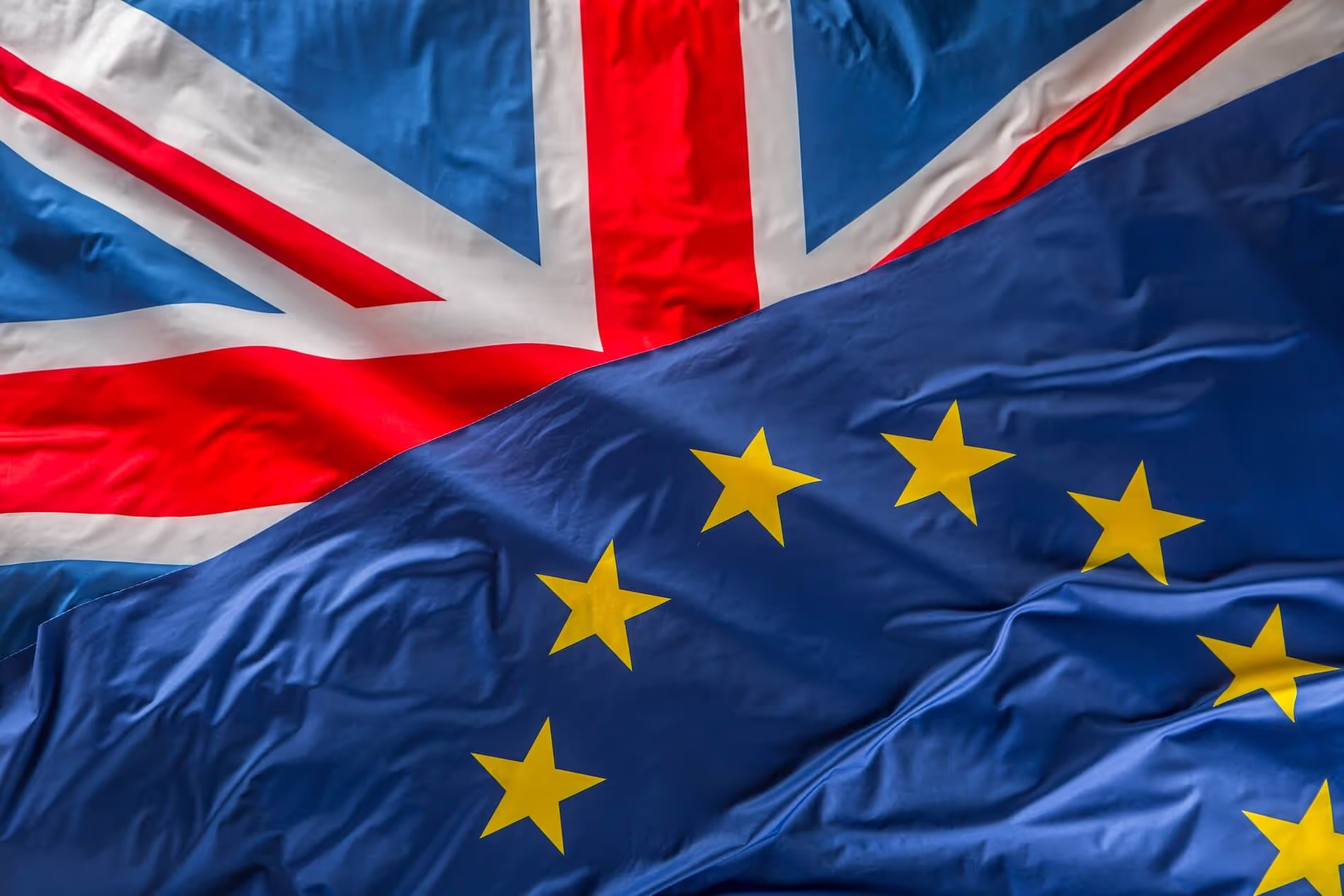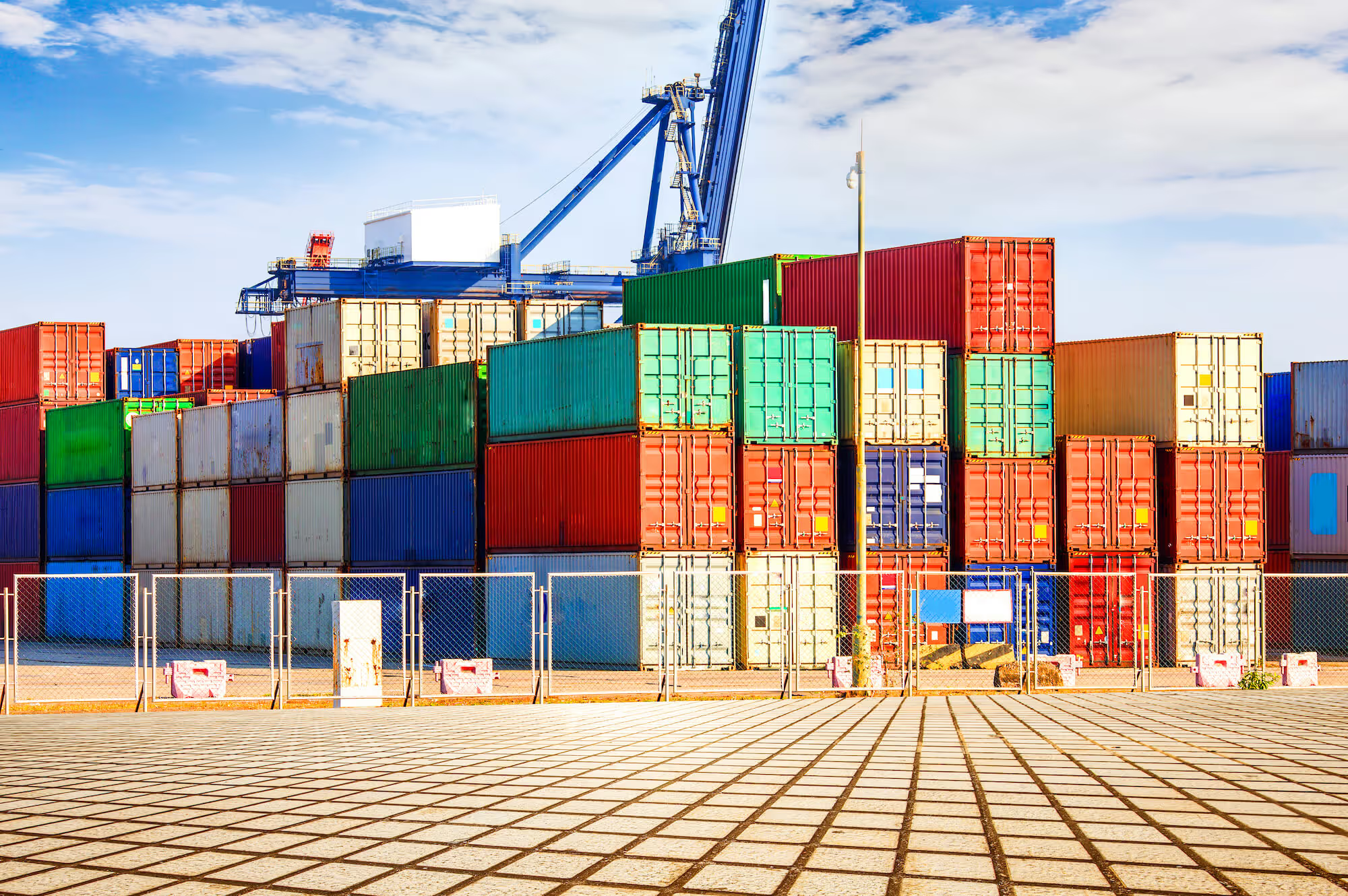The European Union Deforestation Regulation (EUDR) is a pivotal measure aimed at curbing deforestation and forest degradation by ensuring that products on the EU market do not contribute to these environmental issues. The commodities which fall under this legislation are wood, beef, palm oil, rubber, soy, coffee and cocoa, and so the paper industry, which relies heavily on wood-based materials, is significantly impacted.
Our recent survey, which looked at European Timber Operators attitudes and awareness of incoming deforestation regulations, found that 1 in 5 respondents were not aware there were any deforestation regulations. With just over 6 months until Enterprises need to be compliant with the EUDR or risk being fined up to 4% of their annual EU turnover, the countdown is on.
Enterprises must be fully compliant by the 30th December 2025 as from this date any shipments supplied within the EU must be accompanied by a due diligence statement detailing its supply chain journey.
In this article, we explore how the EUDR is reshaping the paper industry, and how Interu can provide organisations with the tools to capture the information to aid compliance.
Sourcing and Supply Chain Management
The EUDR imposes stringent requirements on the sourcing and supply chain management practices within the paper industry.
For example, traceability and transparency. Companies must now provide detailed information about the origin of their wood-based products which includes geolocation coordinates. This necessitates robust traceability systems like Interu, to ensure and prove that raw materials are sourced from non-deforested and sustainably managed forests.
The EUDR also mandates rigorous audits of suppliers to ensure compliance. This can involve significant administrative and logistical efforts, ensuring every link in the supply chain adheres to sustainable practices. Our recent survey of 300 Timber Operators across Europe cited lack of supplier cooperation in their organisations traceability efforts as one of the major challenges when it comes to introducing stricter due diligence, highlighting the importance of making these tools as simple and easy to use as possible.
Sustainable Sourcing
The EUDR drives the paper industry towards more sustainable sourcing practices. For example, there is a stronger push towards sourcing materials certified by recognised sustainability standards, such as FSC (Forest Stewardship Council) and PEFC (Programme for the Endorsement of Forest Certification). These certifications ensure that the wood used in paper production comes from responsibly managed forests.
However, certification alone is not enough to reach compliance. A variety of third-party verification methods are now required to ensure that the relevant proof points are gathered and endorsed. That is why we recently partnered with Double Helix. Their expertise and competency in supply chain Due Diligence (data collection, risk assessment and risk mitigation) makes them an ideal partner to help users reach compliance, as well as improve organisational performance.
Innovation and Product Development
The EUDR should also be seen as a catalyst for innovation within the paper industry. For example, the regulation encourages the development of eco-friendly paper products. This includes the use of recycled content, alternative fibres, and manufacturing processes that reduce environmental impact.
Companies are also increasingly focusing on research and development to find new materials and processes that comply with the EUDR without compromising quality or cost-effectiveness.
Market and Consumer Trends
There is a growing consumer preference for sustainable and environmentally friendly products. Companies that comply with the EUDR can enhance their brand reputation and meet these consumer demands. For example, in our deforestation regulation readiness survey, consumer demand came out as the number one driver, ahead of regulation, for increased traceability.
Proactively adopting sustainable practices and complying with the EUDR can give companies a competitive edge in the market, positioning them as leaders in sustainability.
Global Supply Chain Effects
The EUDR's impact extends beyond the EU. Suppliers worldwide must meet the EU's stringent criteria if they wish to continue supplying materials to the EU market. This is likely to cause global shifts in sourcing practices. That is why, increased collaboration with suppliers and stakeholders is necessary to ensure compliance and share best practices in sustainable sourcing.
Where do we come in?
At iov42, we have built a best-in-class traceability solution, Interu, which is able to help users securely collect, store, manage and share the necessary due diligence information required to reach compliance.
This growth of due diligence and risk assessment requirements requires a massive increase in the volume of data exchanged and analysed across complex supply chains. The vast majority of organisations facing such regulations still rely almost entirely on spreadsheets, emails and shared drives to manage their data; these methods are simply not fit for purpose for compliance demands. The need for a secure and scalable system has never been more paramount.
Conclusion
The EU Deforestation Regulation is driving significant changes in the paper industry. By promoting sustainable sourcing, enhancing supply chain transparency, and encouraging innovation in eco-friendly paper products, the EUDR presents both challenges and opportunities. Companies that embrace these changes can enhance their sustainability credentials, meet regulatory and consumer demands, and gain a competitive edge in the market.
As the world moves towards more sustainable practices, the paper industry stands at the forefront of this transformation, demonstrating that responsible business practices can go hand-in-hand with environmental stewardship.





